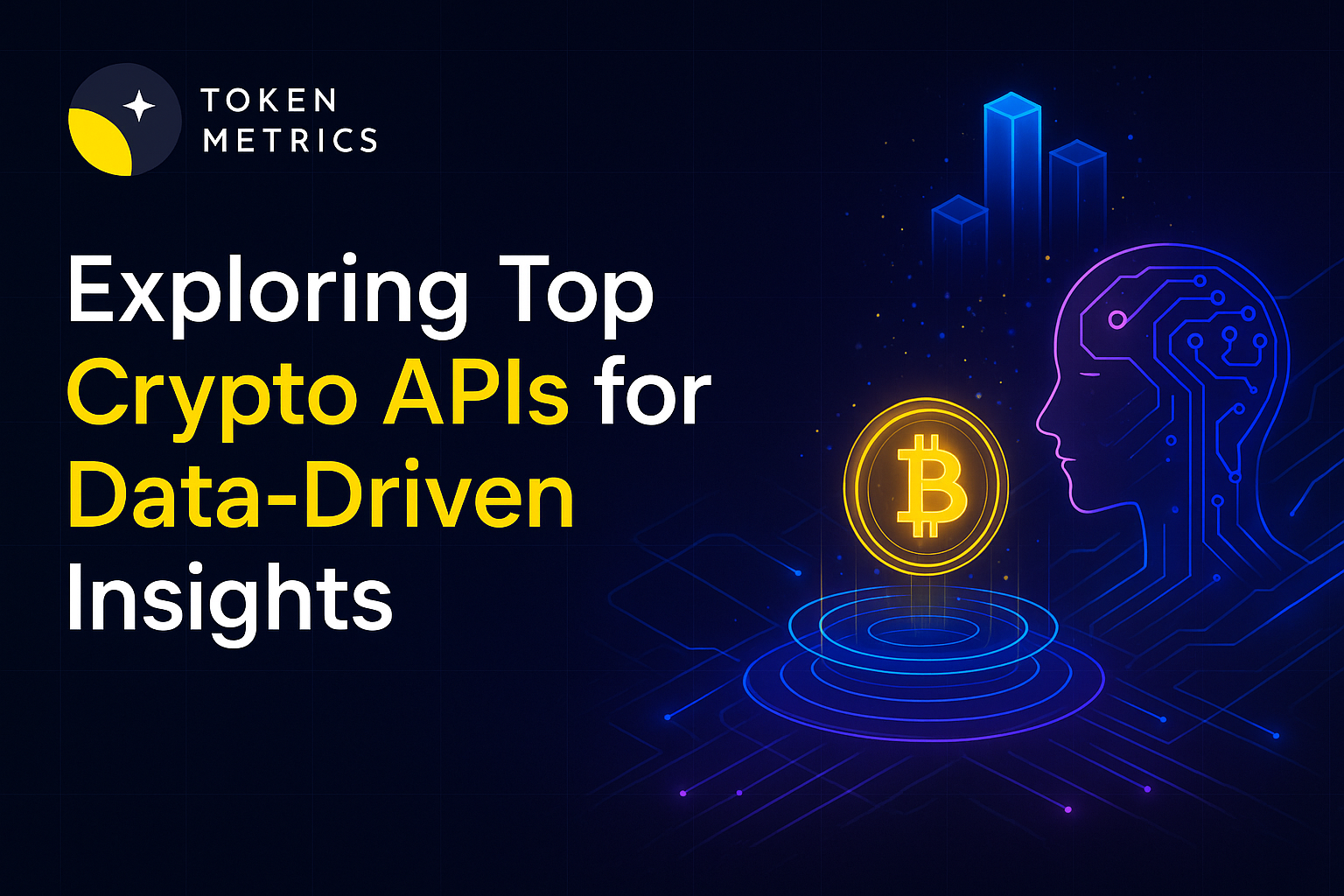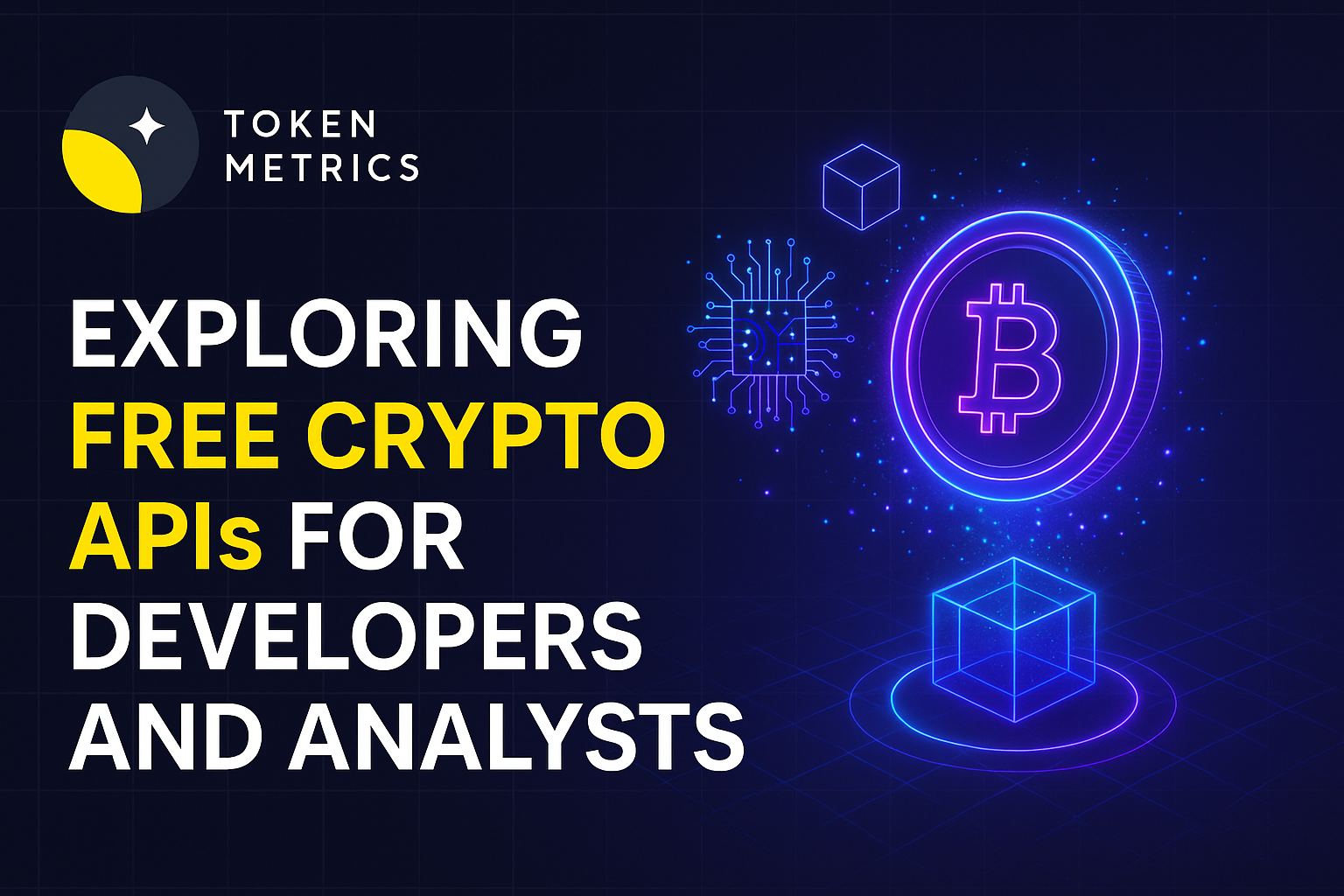6 Best Crypto Tax Software in 2023

In the nascent world of cryptocurrencies, tax obligations remain a paramount concern for many investors. But with the advent of specialized tax software tailored for crypto transactions, navigating the treacherous waters of tax compliance has become simpler.
In this post, we will highlight 6 of the best crypto tax software available, helping you file taxes confidently and with ease.
What is a Crypto Tax Software?
Crypto tax software is a specialized tool designed to simplify the complex task of calculating taxes on cryptocurrency transactions. As digital currencies operate outside traditional banking systems, tracking buys, sells, and trades can be daunting.
This software automates the process by integrating with crypto exchanges and wallets, extracting transaction data, and applying the relevant tax rules.
The result is an accurate tax report that users can confidently submit to tax authorities, ensuring they meet their legal obligations while minimizing potential errors.
List of Best Crypto Tax Software in 2023
Here are the 6 premier tools available in the market for traders and investors alike. These resources are specifically designed to assist you in drawing a comprehensive comparison among the various crypto tax software options, ensuring you make an informed decision tailored to your needs.
1. CoinTracker
CoinTracker stands as a beacon of simplicity in the often convoluted world of crypto taxation. Integrating with over 300 exchanges, it ensures users have a comprehensive view of their transactions.
Its automated solution fetches transaction data seamlessly, providing an intuitive platform to view and calculate gains or losses. Despite its vast integration capabilities, it retains a user-friendly interface, making it suitable for both novices and seasoned crypto traders.
Pros:
- Simple and intuitive interface.
- Supports over 300 exchanges.
- Accurate gain/loss calculations.
Cons:
- Limited advanced features for professional traders.
- The free version has limitations.
Pricing - Starts free for limited transactions, with paid plans starting from $59 annually.
Best for - Casual traders who have transactions on multiple exchanges.
2. Koinly
Simplicity meets depth with Koinly, a software crafted to cater to a wide audience. By syncing with numerous wallets and over 300 exchanges, Koinly ensures no transaction slips through the cracks.
Its intuitive dashboard provides a bird's-eye view of one's crypto holdings, while the robust backend calculates capital gains with precision. It's a blend of user-friendly design and in-depth analytics.
Pros:
- Syncs with wallets and over 300 exchanges.
- Detailed capital gain reports.
- Intuitive dashboard.
Cons:
- Some integrations might need manual intervention.
- The learning curve for some features.
Pricing - Free with limited features, premium plans start at $49 annually.
Best for - Both beginners and advanced traders seek in-depth analytics.
3. CoinLedger
CoinLedger is a cutting-edge crypto tax software, streamlining the once complex task of tax compliance for crypto enthusiasts. Its robust platform is adept at integrating with several exchanges, simplifying transaction tracking.
CoinLedger emphasizes transparency and ease, aiming to make the crypto tax process as smooth as possible for its users, regardless of their technical expertise.
Pros:
- Efficient transaction tracking.
- Intuitive user interface.
- Comprehensive report generation.
Cons:
- Limited support for lesser-known exchanges.
- Advanced features might be overwhelming for beginners.
Pricing - Starting with $49 annually for Hobbyist plans.
Best for - Intermediate crypto traders looking for a balance between usability and detailed tax insights.
4. TokenTax
TokenTax isn't just another crypto tax software; it's a bridge between the crypto and traditional financial worlds. Its integration capability with popular tax software like TurboTax is a testament to its versatility.
Beyond mere tax calculation, TokenTax delves deep, offering strategic insights to minimize tax liabilities. With a strong backbone of customer service, it strives to be the one-stop solution for all crypto tax needs.
Pros:
- Minimizes crypto tax liability through smart calculations.
- Multi-platform support.
- Expert customer service.
Cons:
- May be overwhelming for complete beginners.
- Premium plans can be expensive.
Pricing - Starting at $65 annually for the basic package.
Best for - Crypto enthusiasts looking for an all-in-one tax solution.
5. Accointing
Accointing is the modern crypto trader's companion, focusing equally on tracking and tax tools. Its mobile app ensures users stay updated on-the-go, while the desktop version dives deep into analytics and tax calculations.
While it streamlines the complex world of crypto taxes, its user-centric approach is evident in the easy CSV imports and holistic portfolio overview it offers.
Pros:
- Mobile app available for on-the-go tracking.
- Insightful analytics.
- Simple CSV imports.
Cons:
- Not as many integrations as competitors.
- Setup can be time-consuming.
Pricing - Free for tracking, tax reports start at $49 annually.
Best for - Investors want a balanced mix of tracking and tax tools.
6. ZenLedger
ZenLedger is the Swiss Army knife of crypto tax software. Its multifaceted approach provides tools for a range of needs, from comprehensive tax loss harvesting to diverse report generation.
It's tailored for the seasoned trader, providing advanced features that delve deep into crypto tax strategies. The commitment to customer support and the breadth of features it offers makes it a top-tier choice.
Pros:
- Comprehensive tax loss harvesting tool.
- Wide variety of report types.
- Stellar customer support.
Cons:
- Can be pricey for advanced features.
- Requires manual import for some lesser-known exchanges.
Pricing - Free for basic tracking, premium plans start at $49 annually.
Best for - Advanced traders focusing on tax-saving strategies.
Frequently Asked Questions
Q1. What are the tax implications for crypto staking or mining rewards?
Staking and mining rewards are often considered taxable income. It's important to declare them in the year they are received, even if you haven't sold them yet.
Q2. How does crypto tax software handle DeFi transactions?
Most advanced crypto tax software can integrate with popular DeFi platforms, tracking transactions such as yield farming, liquidity pooling, or earning interest.
Q3. Do these software solutions accommodate international tax regulations?
While many platforms are designed with U.S. tax regulations in mind, several of them offer features tailored to tax regulations of other countries.
Q4. Can I import data from hardware wallets into crypto tax software?
Yes, many software options support imports from popular hardware wallets, ensuring comprehensive tracking of all your transactions.
Q5. How often should I update my transaction data in crypto tax software?
It's advisable to update your transaction data regularly, especially if you're an active trader. This ensures you're always prepared for tax obligations and can make informed trading decisions.
Q6. What happens if I've made transactions on a crypto exchange that isn't supported by the software?
Most software solutions allow for manual input or CSV imports for exchanges they don't directly integrate with, ensuring all transactions are accounted for.
Q7. Are there any crypto tax software options specifically designed for mobile devices?
While many of these platforms offer mobile-friendly versions or apps, it's essential to check their features and compatibility to ensure you have full functionality on your mobile device.
Q8. How secure is my data with crypto tax software?
Most reputable crypto tax software solutions prioritize user security, using encryption and other protective measures to ensure your transaction data remains private and safe.
Conclusion
In a space as dynamic as cryptocurrency, staying tax compliant is crucial. These 6 software solutions aim to make the process smoother and error-free.
Evaluate each based on your needs, trading frequency, and budget. Remember, accurate and informed tax filings can save you from future complications. Always consult with a tax professional when in doubt, and happy trading!
Disclaimer
The information provided on this website does not constitute investment advice, financial advice, trading advice, or any other sort of advice and you should not treat any of the website's content as such.
Token Metrics does not recommend that any cryptocurrency should be bought, sold, or held by you. Do conduct your own due diligence and consult your financial advisor before making any investment decisions.
Create Your Free Token Metrics Account

.png)




%201.svg)
%201.svg)


%201.svg)










.svg)




.png)